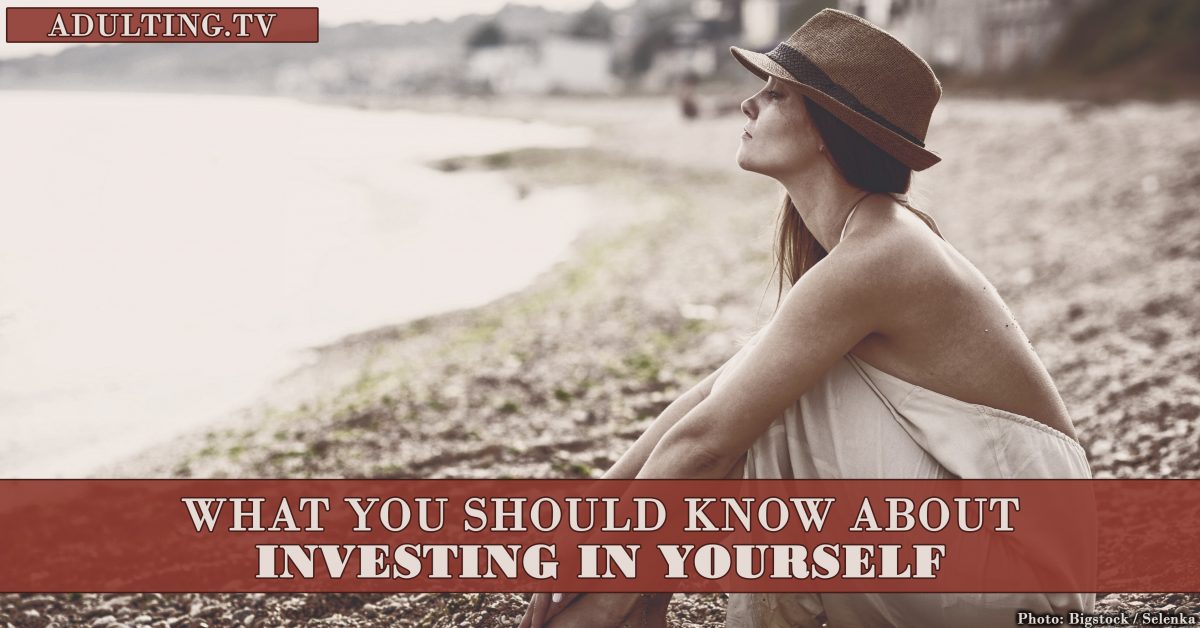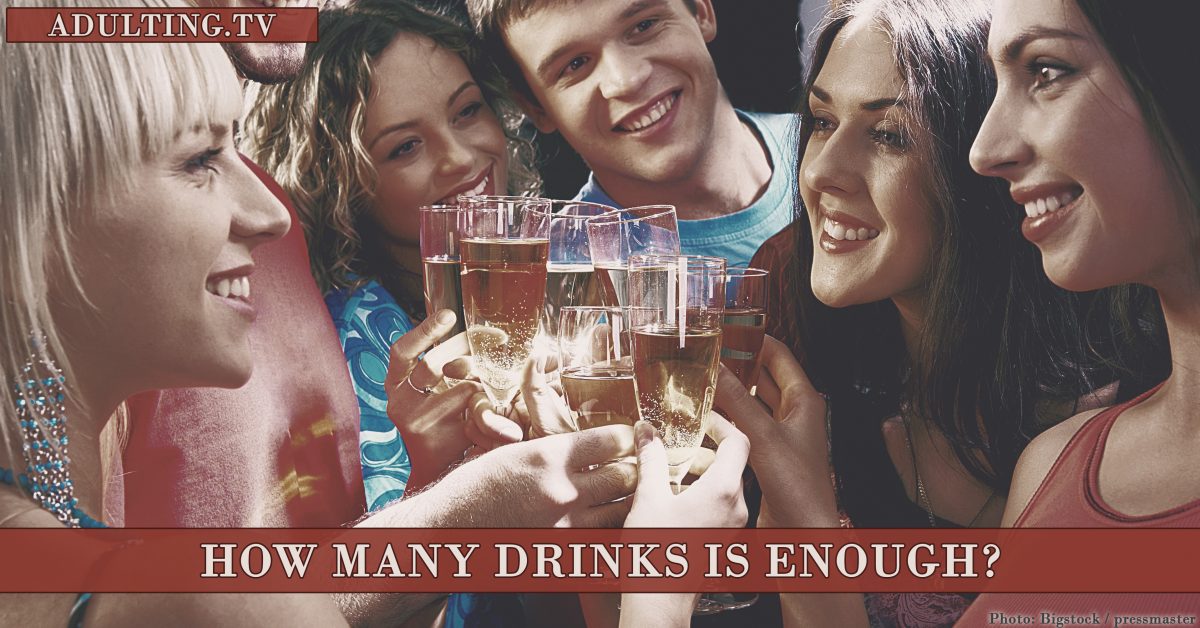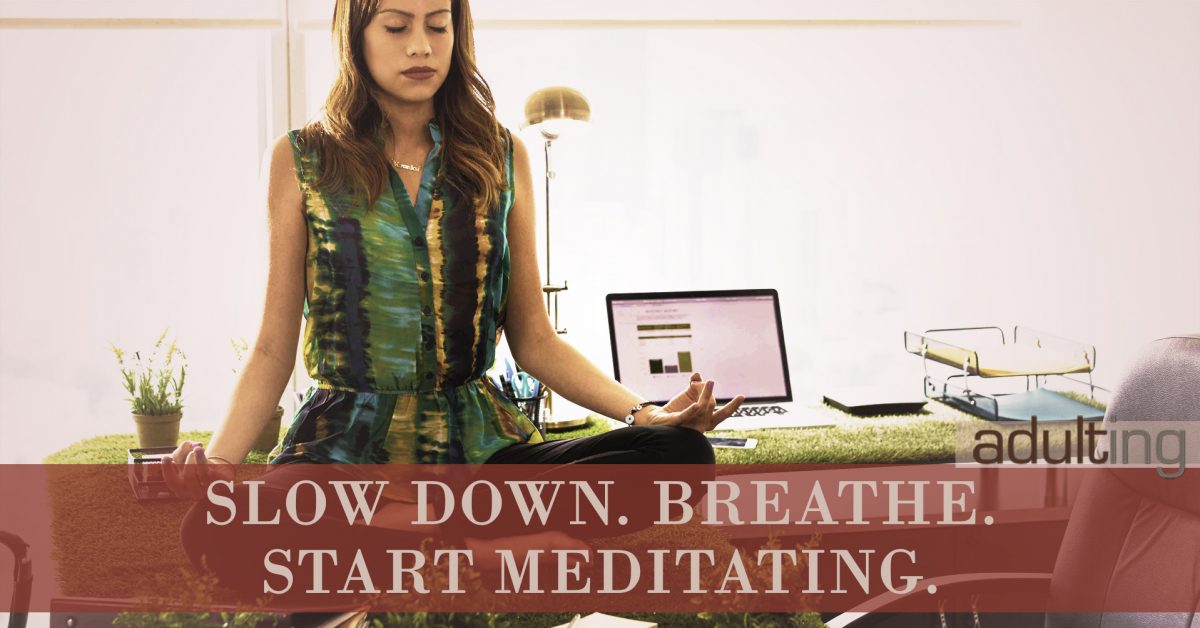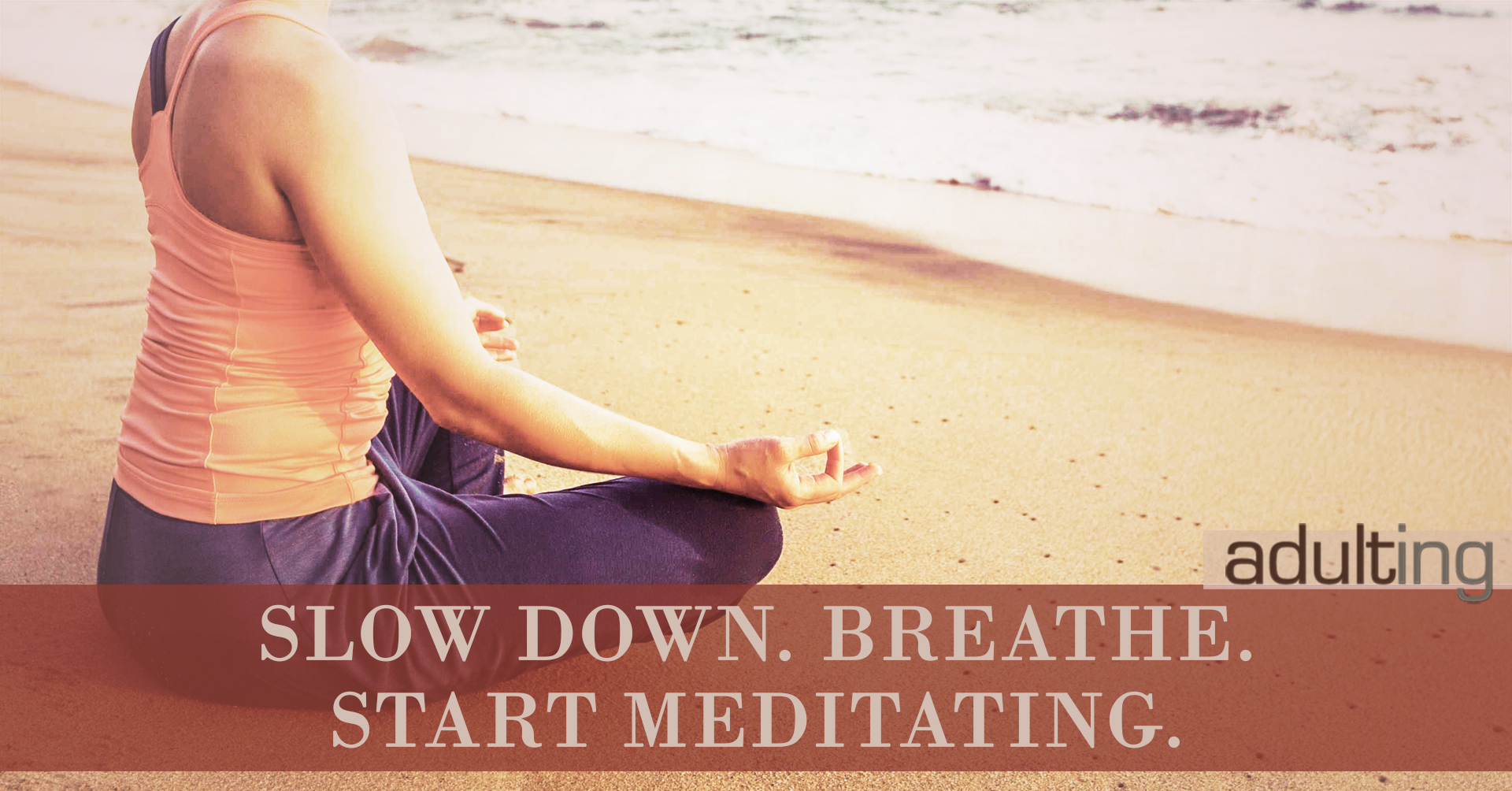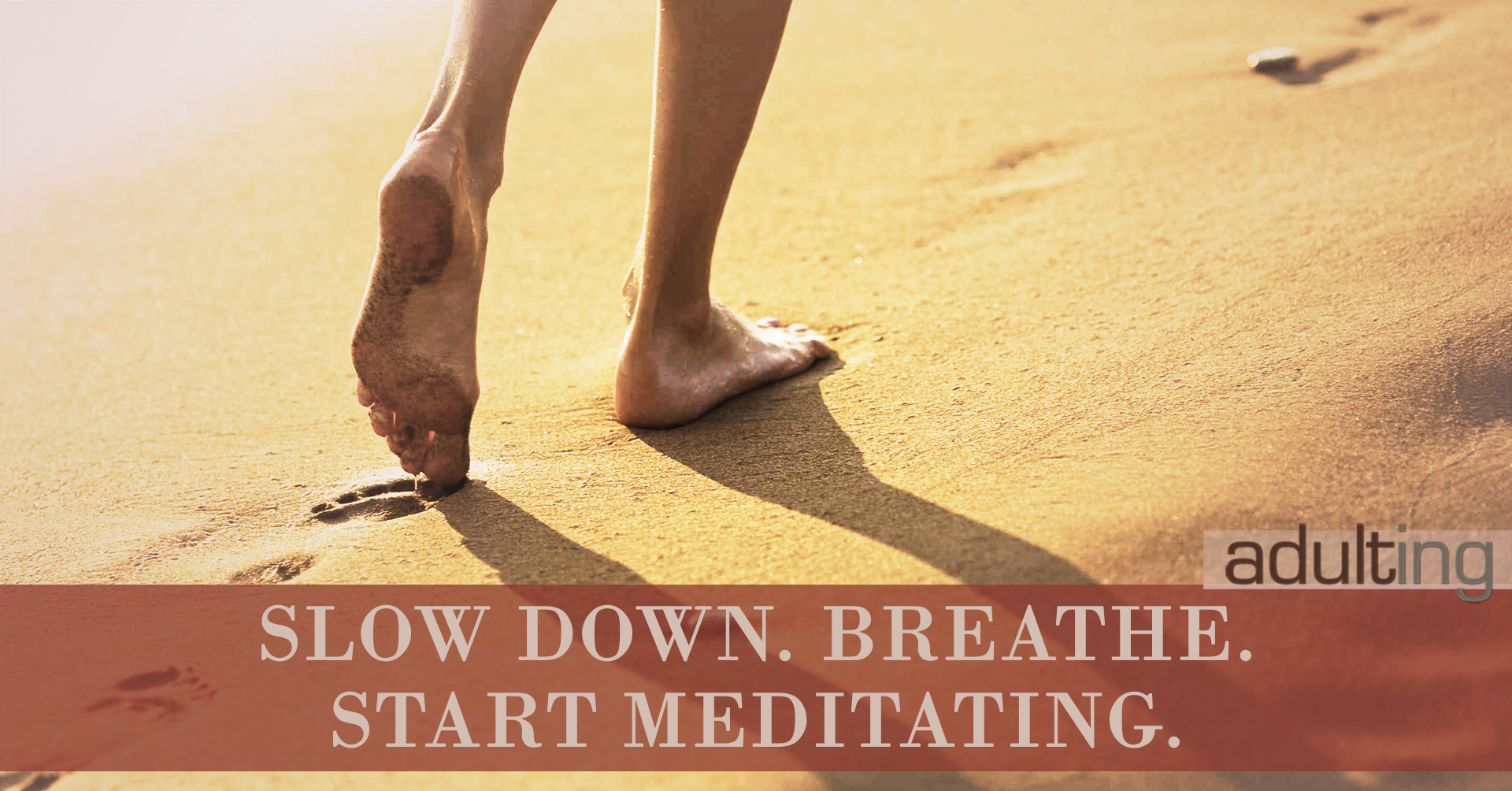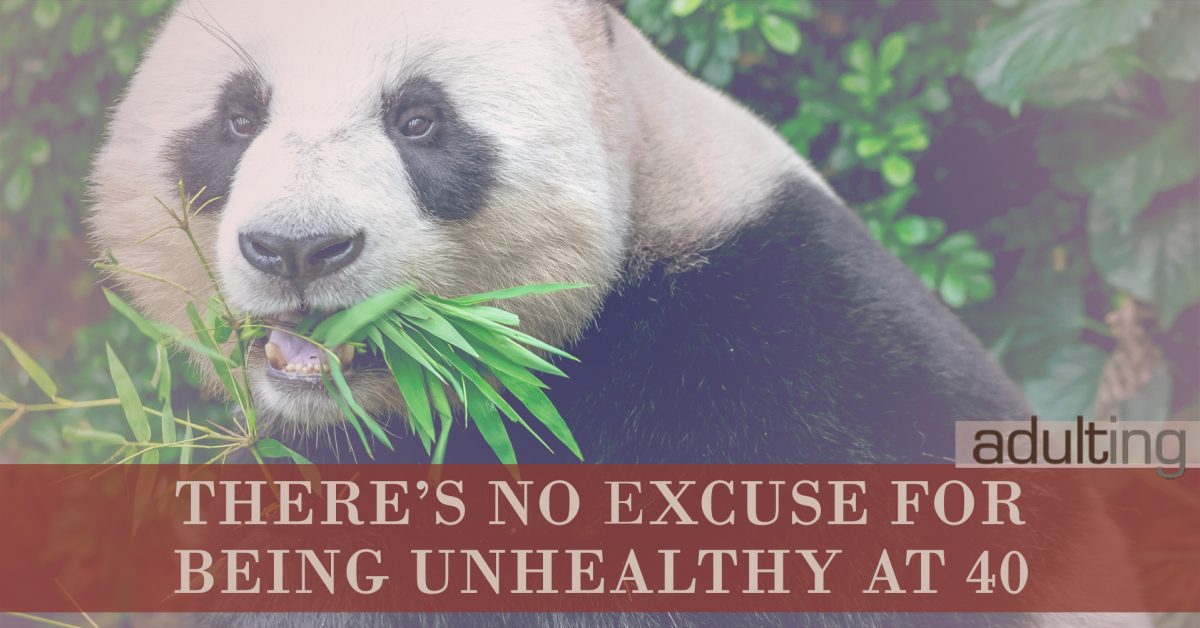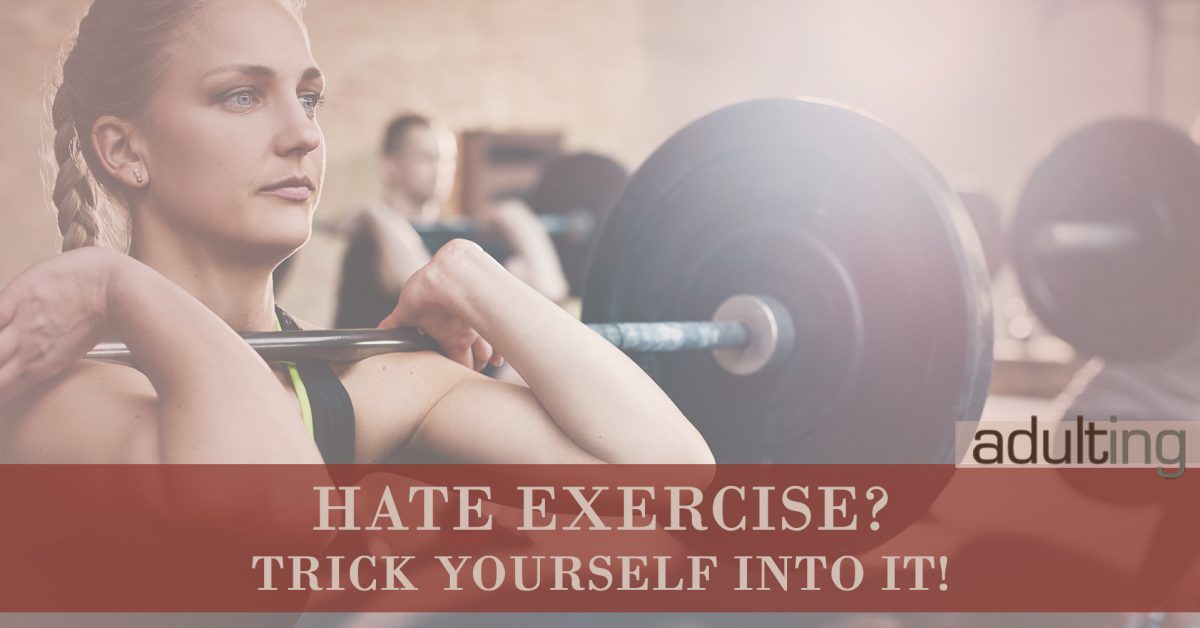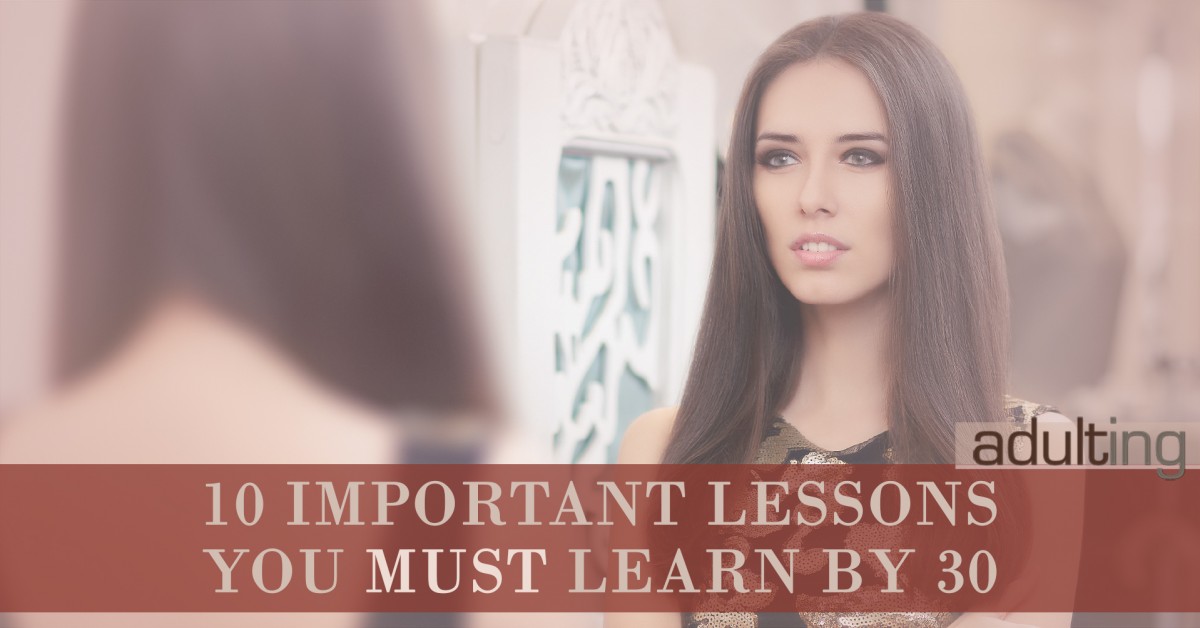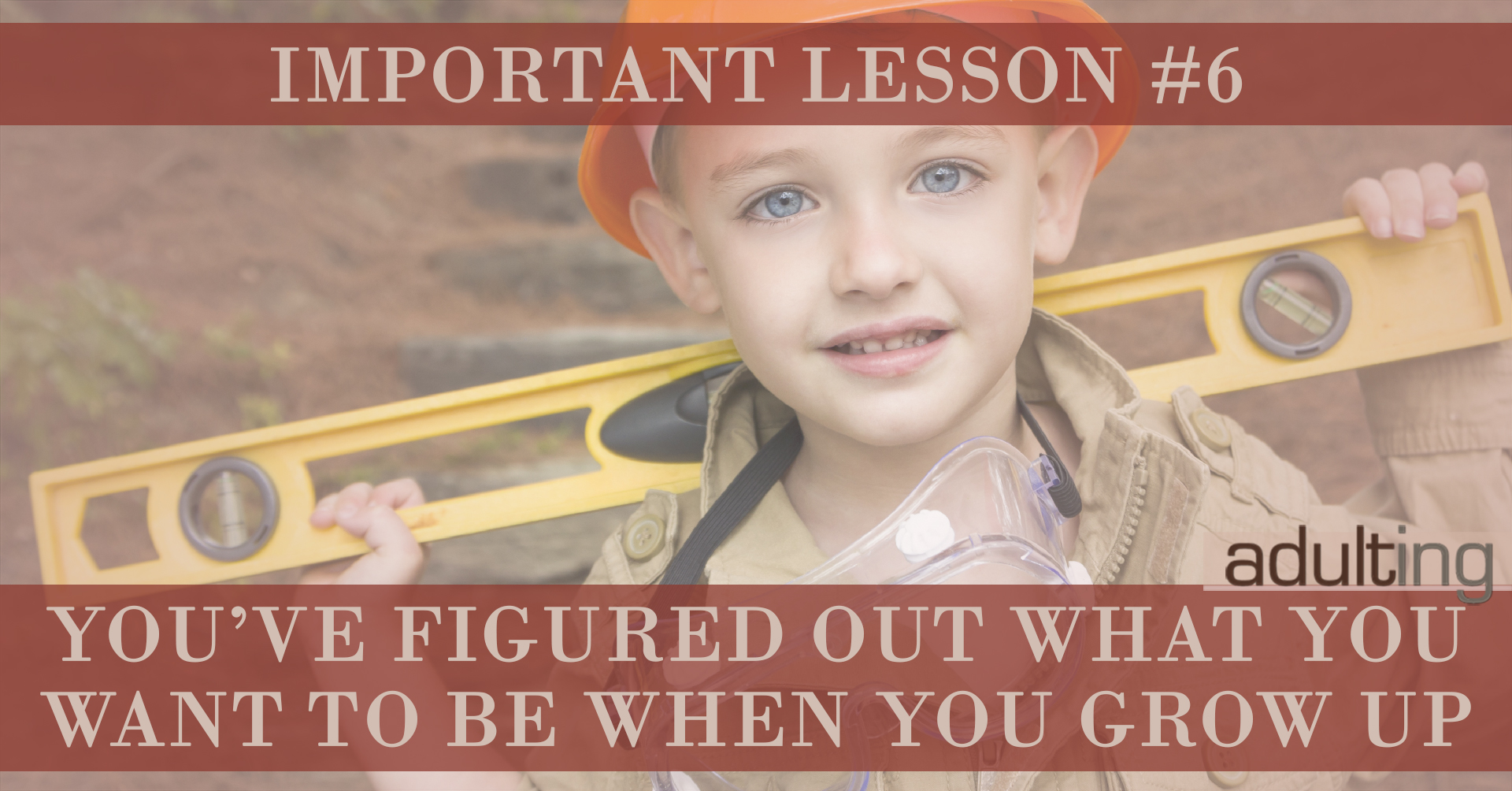I hate exercise.
I literally have to trick myself into it by being active in ways I don’t associate with exercise.
Unfortunately, it’s not always effective. I can’t make it to the pool each day. I don’t always make time for a bike ride. Getting to the mountains for a hike isn’t always feasible.
In a world where the research says, “Get at least 150 minutes of moderate aerobic activity or 75 minutes of vigorous aerobic activity a week, or a combination of moderate and vigorous activity,” it can feel like a serious endeavor to live healthy.
Generally, in order to make it work, the experts recommend spreading the workouts over a period of days. Exercise every day (or at least 30 minutes a day, five days a week), and you reap the benefits.
But what if you could stave off early death and a host of problems by exercising only two days a week?
Nice!
Thanks to science, you might be off the hook. At least for some of the time.
Health benefits from exercising one or two days a week
What if you don’t want to try to exercise each day?
Sure, you can break it up into 10 minutes sessions each day to feel better about the whole thing. But what if you don’t even want to do that?
But what if you don’t even want to do that?
According to a recent study published in the Journal of the American Medical Association (JAMA), it’s possible to get solid health benefits from cramming it all in on the weekend.
Here’s what one of the study’s authors, Associate Professor Emmanuel Stamatakis, said about the results:
It is very encouraging news that being physically active on just one or two occasions per week is associated with a lower risk of death, even among people who do some activity but don’t quite meet recommended exercise levels.
That’s right. Even if you don’t get up to that 150 minutes of moderate (or 75 minutes of vigorous) exercise, even just going for it one or two days a week can help reduce some of the health risks that come with a sedentary lifestyle.
Adopt the weekend warrior exercise lifestyle.
This takes the concept of minimum exercise to the next level. And it also makes it easier to follow the “trick yourself” method of exercise.
Think about it: I don’t have to try to exercise every day. If I just take half a Saturday, my son and I can ride bikes to the Greenbelt and then go for an exploratory walk. It’s perfect. That’s a nice combo of vigorous and moderate exercise.
And it does the job.
As a bonus, I get to enjoy quality time parenting my child and making good memories.
This is really easy during months when the weather is is pretty good. Yardwork. Picnics in the park. Hiking. Biking. Family basketball games in the driveway. Tennis. A day playing in the municipal pool.
It’s harder for me during winter because I’m not into skiing and snowshoeing. But a Sunday afternoon sledding with my son and his friends or a couple hours building a snow fort does the trick.
Hell, when my cousins come over to play Rock Band, I can get a couple hours of “moderate” activity just by jumping around like an idiot in the family room, pretending I can actually sing.
If you have a free Saturday or Sunday each week (or one other day during the week), you can engage in the minimum exercise you need to not die too early in one fell swoop.
Get some benefits with even more minimum exercise.
Is the prospect of giving up half a weekend day to exercise just as horrifying as exercising 30 minutes a day?
There are indications that the absolute minimum exercise you can do is a 10-minute walk each day. This is especially true if your life is mostly sedentary.
Going for a walk can be a good way to boost your cardiovascular health. If you can manage 10 minutes a day, it’s an upgrade. You won’t see the same results of doing 30 minutes a day (or powering through the weekend), but you can still see positive results that reduce the chance of dying horribly and dying early.
Plus, a side bonus of going for a 10-minute walk each day is that it can help you feel instantly better about life.
Just finding 10 minutes in your day to go for a walk can mean better emotional and mental health, as well as better physical health.
Don’t forget about your eating habits.
Of course, just doing the absolute minimum exercise alone isn’t going to save you from heart disease, diabetes, and any number of ailments.
If you’re serious about your health, you might also need to address your eating habits.
When you don’t up your exercise, you need to change what goes in, if you want to avoid some of the worst of the debilitating illnesses related to your daily habits.
That might mean switching to healthier foods, eating less crap, and generally paying attention to these things. When you make that move, you are more likely to get away with doing as little exercise as possible.
At one point, I managed to lose five pounds just be eating better. No extra exercise needed. Score!
Healthier habits = better quality of life.
In general, better health habits mean a better quality of life. Despite my hatred of exercise for the sake of exercise, I know that physical activity will help me feel better in the long run.
When I make sure to exercise every day (even if it’s only a 10-minute walk or a few minutes of yoga in the morning), limit the junk I eat, and get enough sleep, I feel better.
I make better decisions. I feel more energetic. I’m less grumpy with my son (and other people in my life). I get more done.
So, even if you only do the minimum exercise, make the effort to change things up with your other habits.
Baby steps toward a healthier overall lifestyle can have positive consequences, even if you never become a health nut.

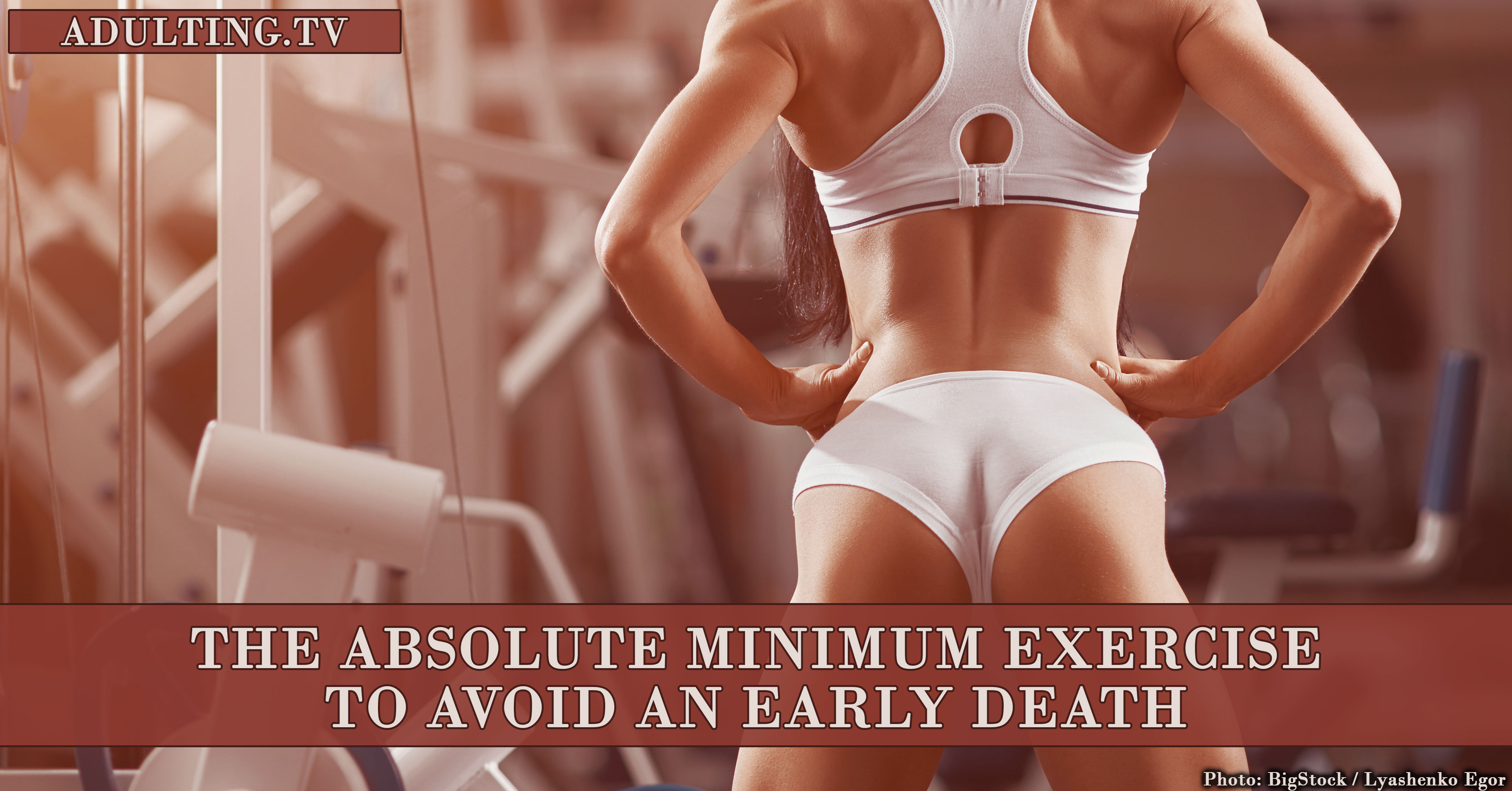
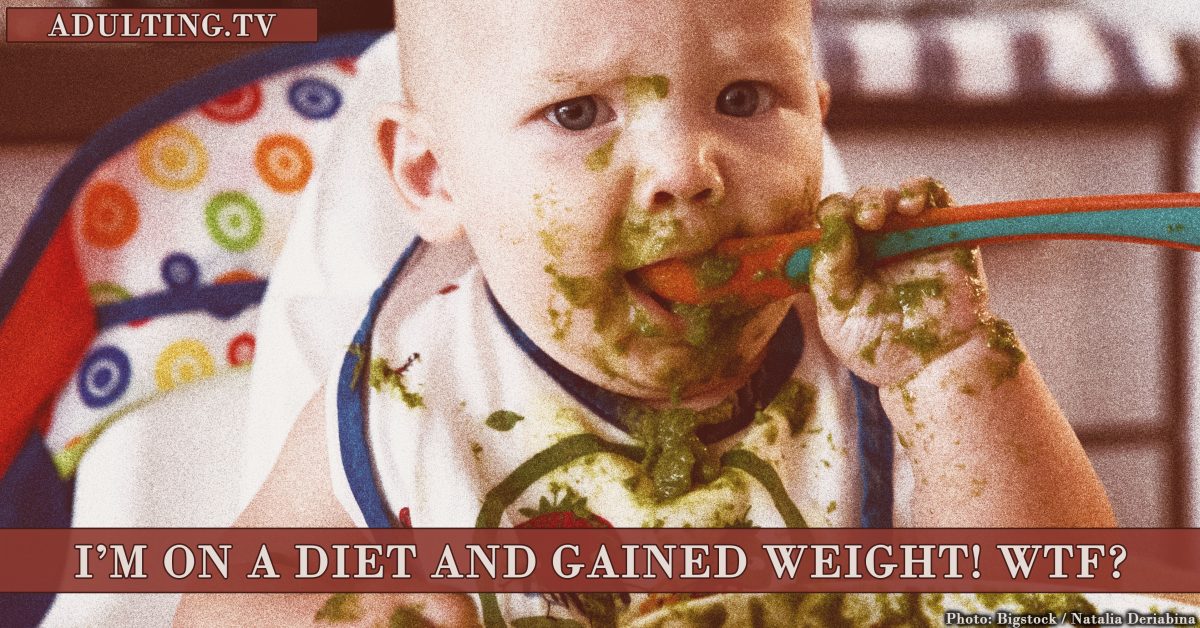
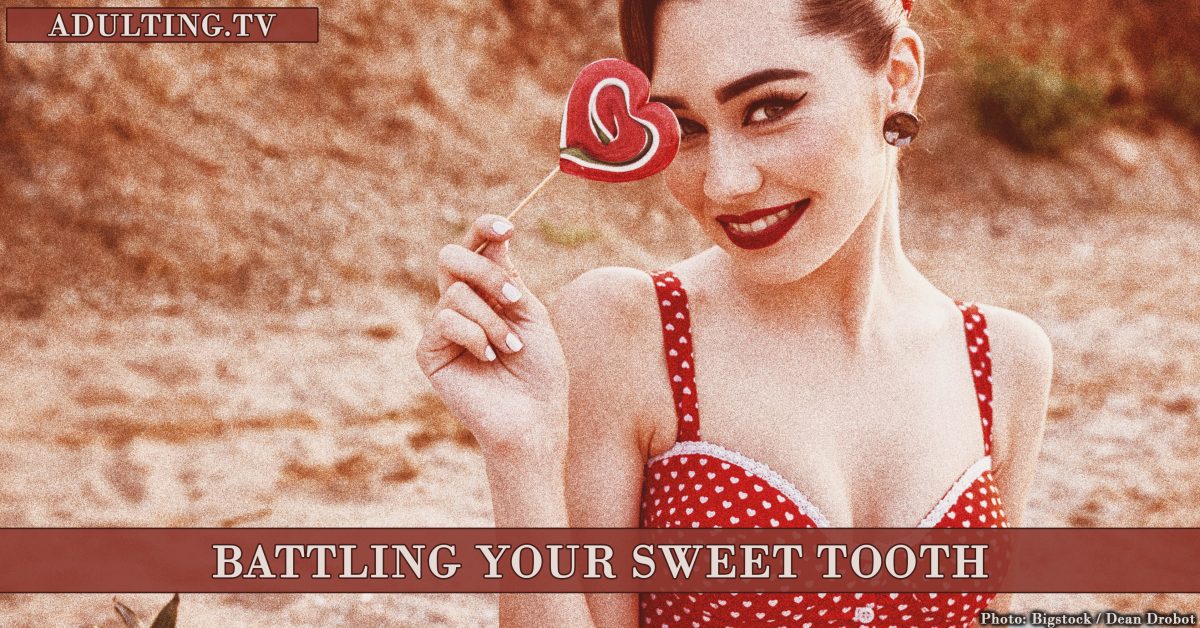
![[A057] You’re Covered: Choose the Best Health Insurance Plan](https://adulting.tv/wp-content/uploads/2017/02/a057-1200x628.jpg)

